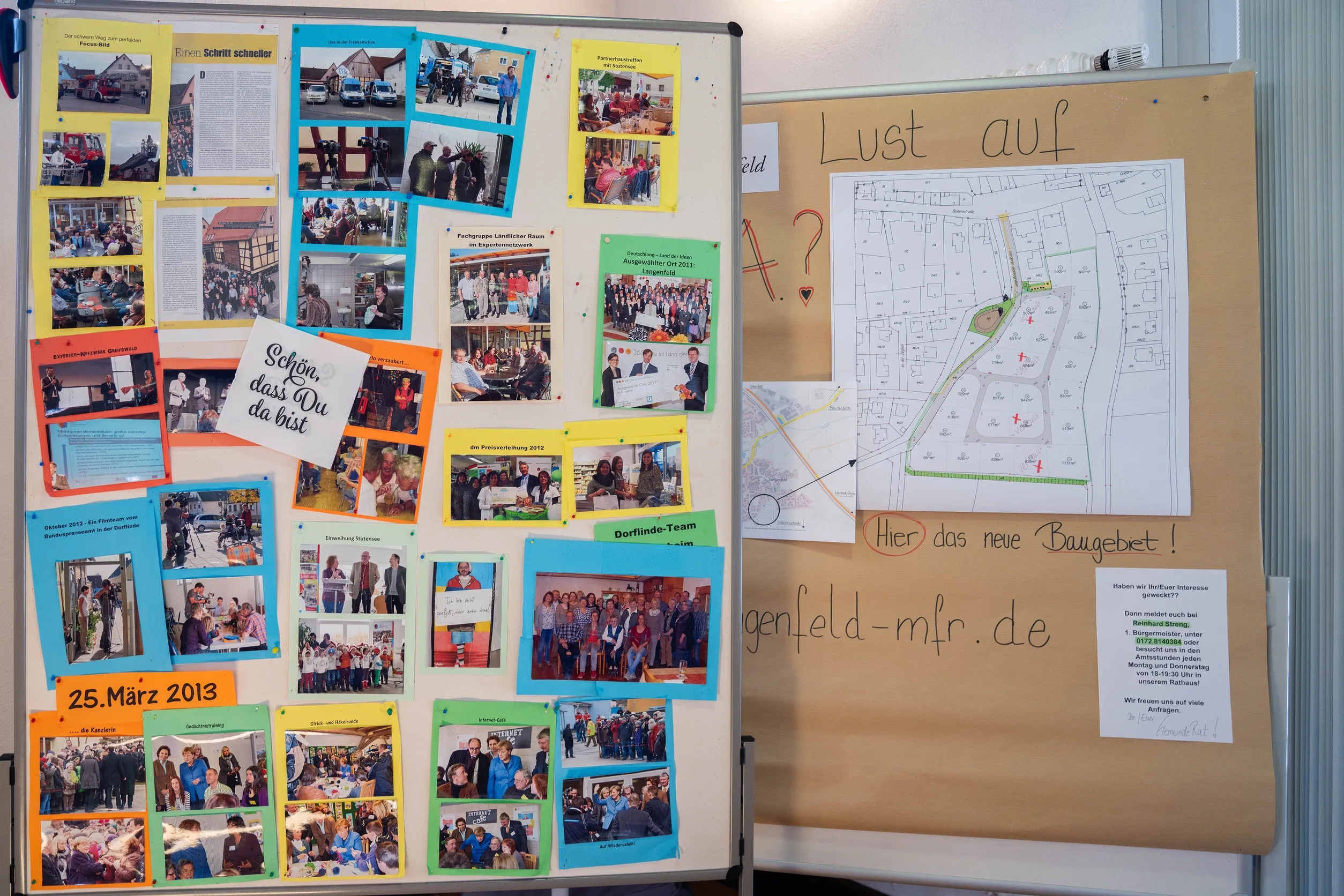To deepen rural long-term care services and reimagine multigenerational living, Taitung County Magistrate April Yao led a delegation on a study tour of net-zero rural development in Germany, visiting elderly-friendly communities in Sundhausen, Thuringia, and Langenfeld, Bavaria. By learning from Germany’s co-care model and smart public services, the team explored future directions for Taitung’s care network.
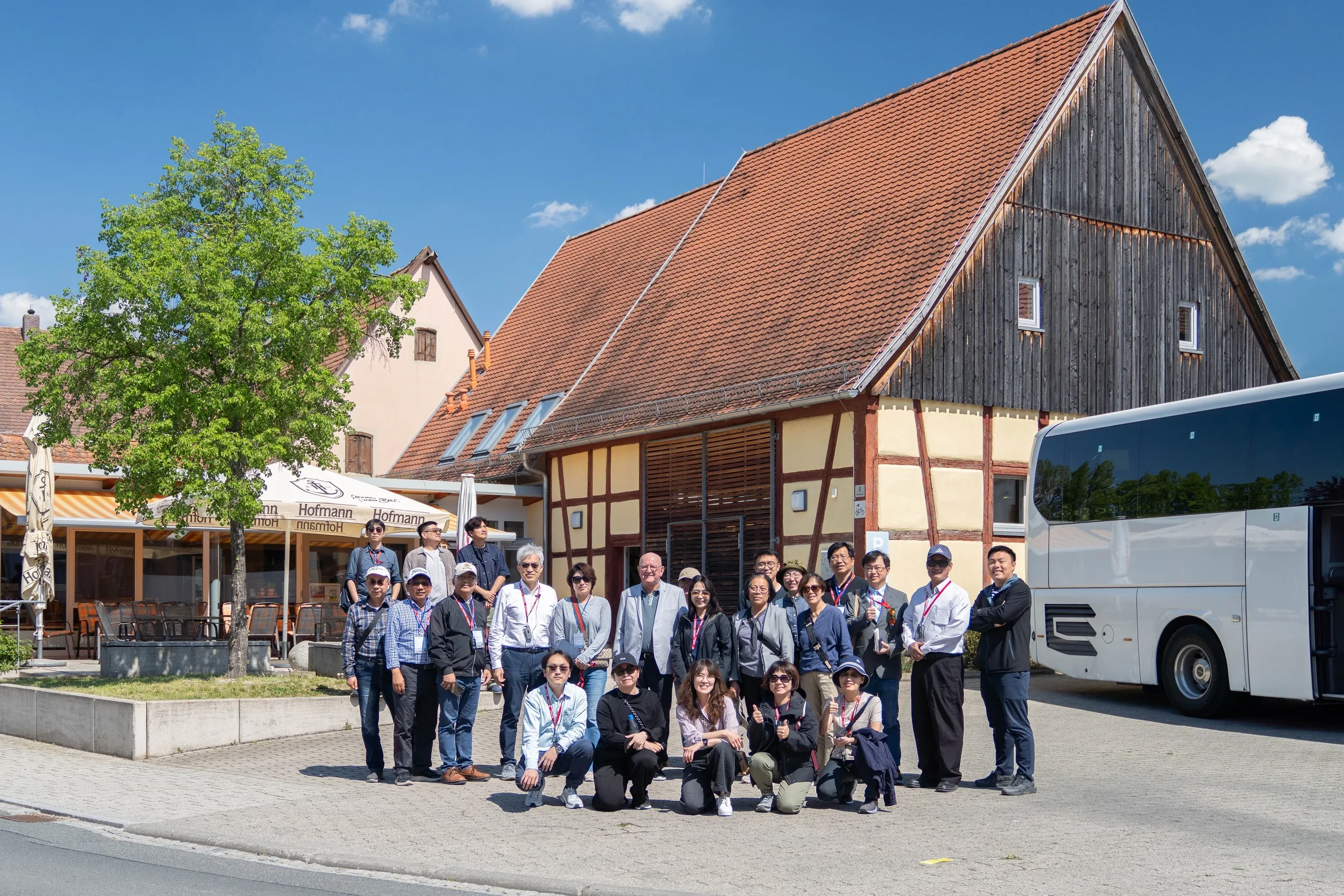
The county government stated that in the town of Sundhausen, the team visited a multifunctional “Health Pavilion,” a simple wooden structure that combines a bus stop, community care station, EV charging point, and information platform. This serves as a community hub supporting both mobility and care. The local AGATHE Mobile Care Program ensures that care resources reach rural areas, balancing practicality with everyday needs. The county noted that the size of the village is similar to Indigenous communities in Taitung, making it highly relevant as a model.
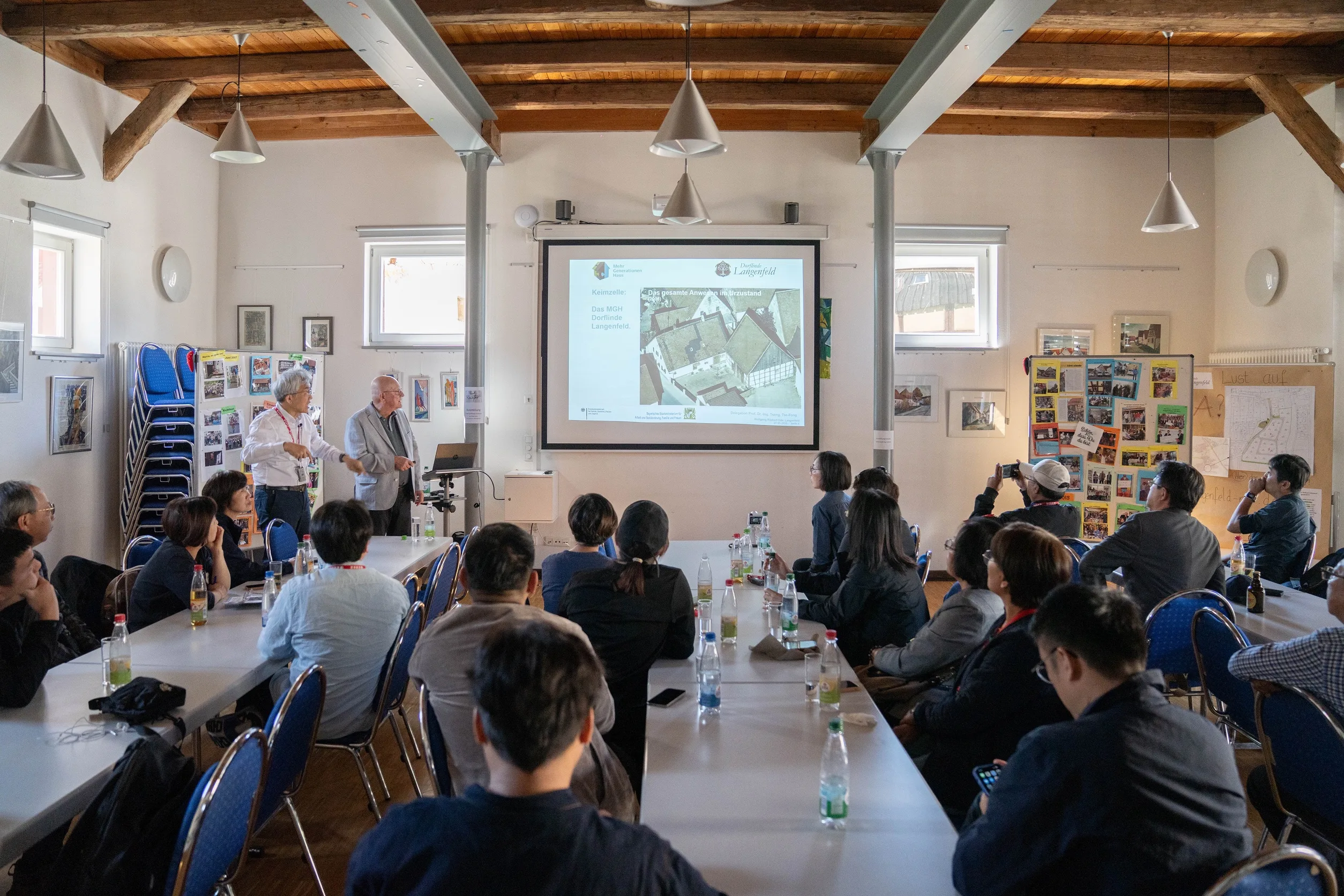
Currently, many rural and Indigenous communities in Taitung already have cultural meeting halls, community care points, the i-Tribe wireless network, Indigenous cultural health stations, and family welfare centers. Moving forward, these existing spaces and local volunteers will be integrated with smart transportation and technology applications to develop culturally grounded “Smart Care Nodes.” These nodes will bring services closer to daily village life, improving utilization and trust.
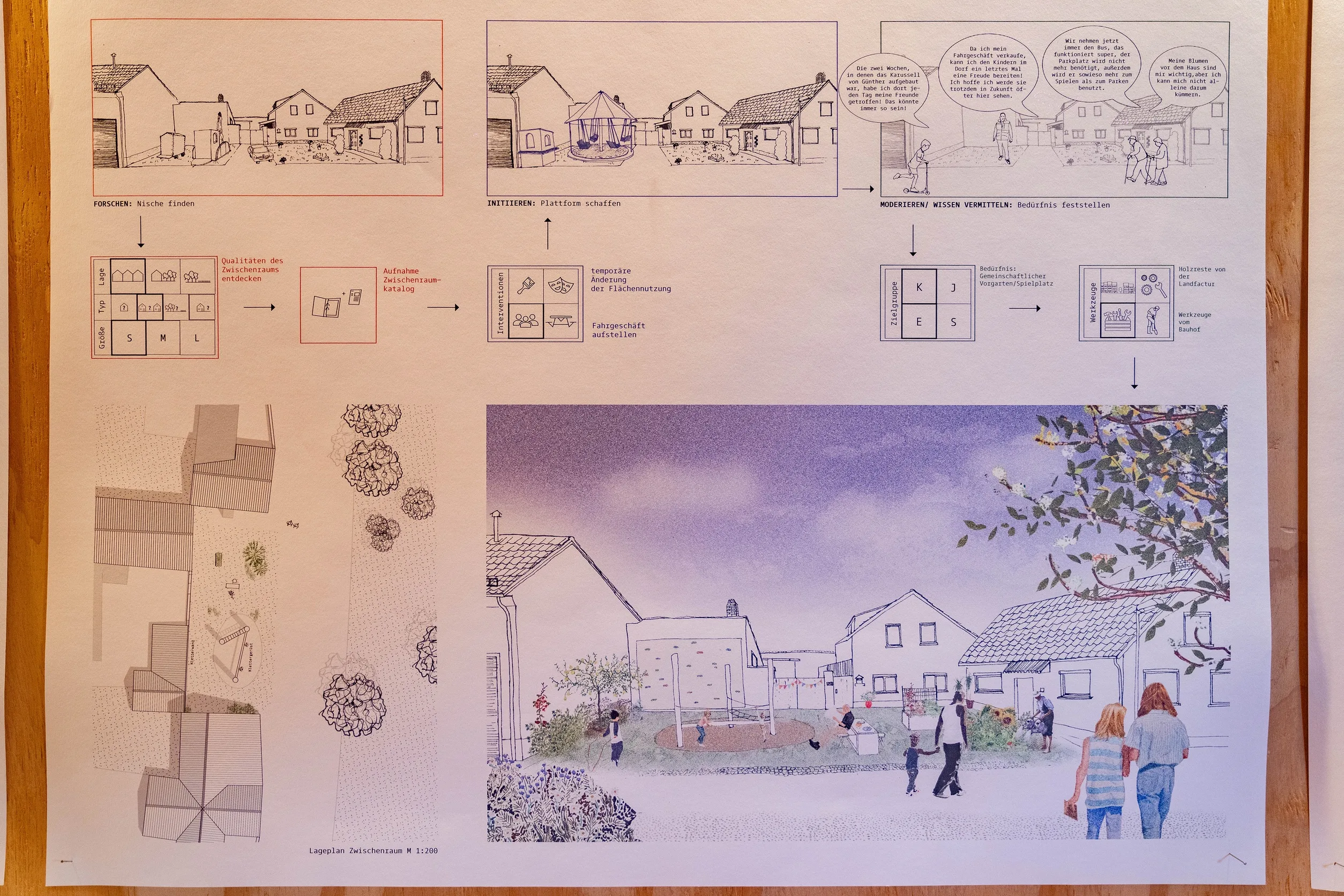
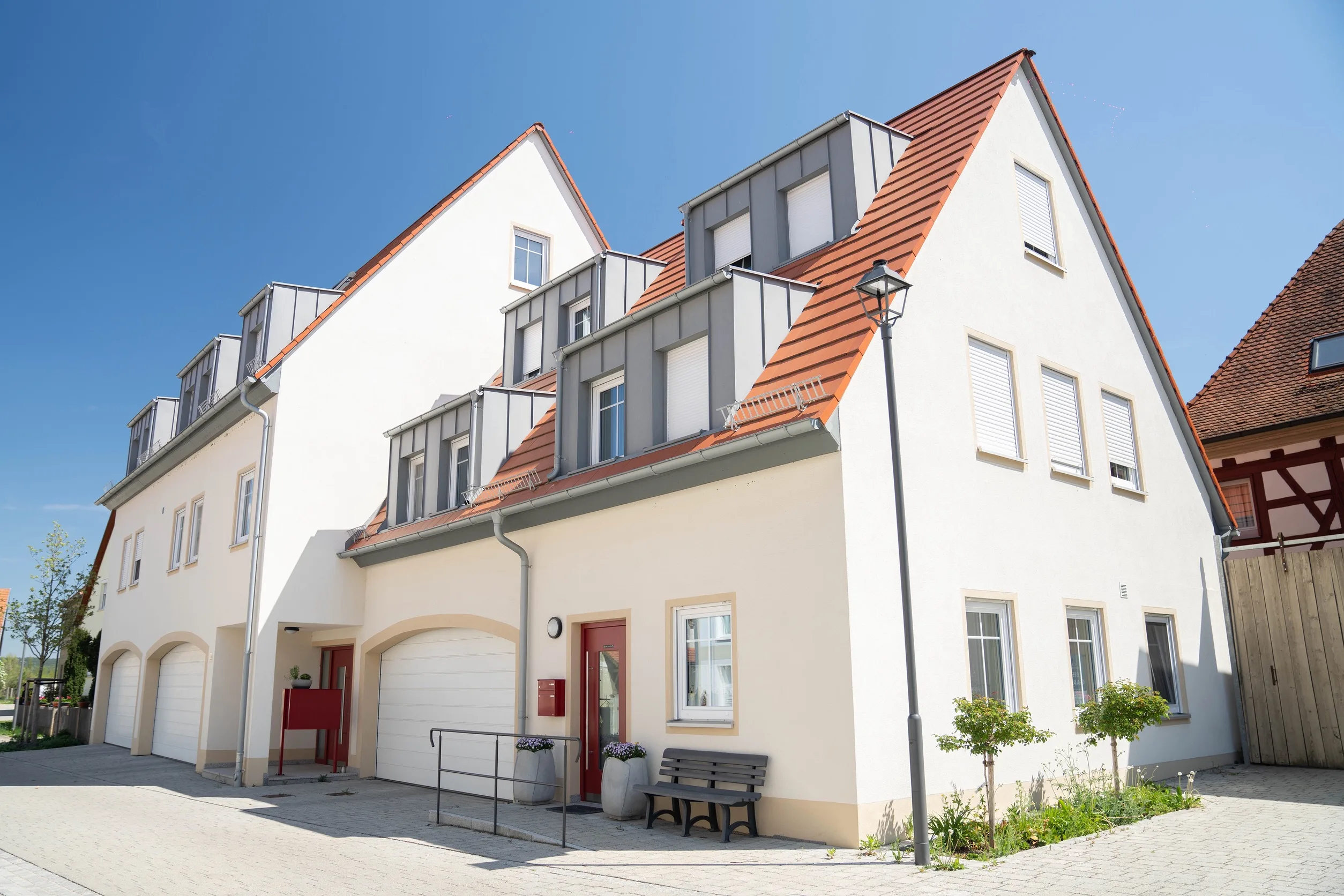
The delegation also visited the Dorflinde intergenerational housing community in Langenfeld, which integrates daycare, communal dining, a café, and logistics services. It exemplifies a co-living, self-governed model of intergenerational living. The county government noted that such a living environment aligns particularly well with Taitung’s demographic structure and community characteristics.
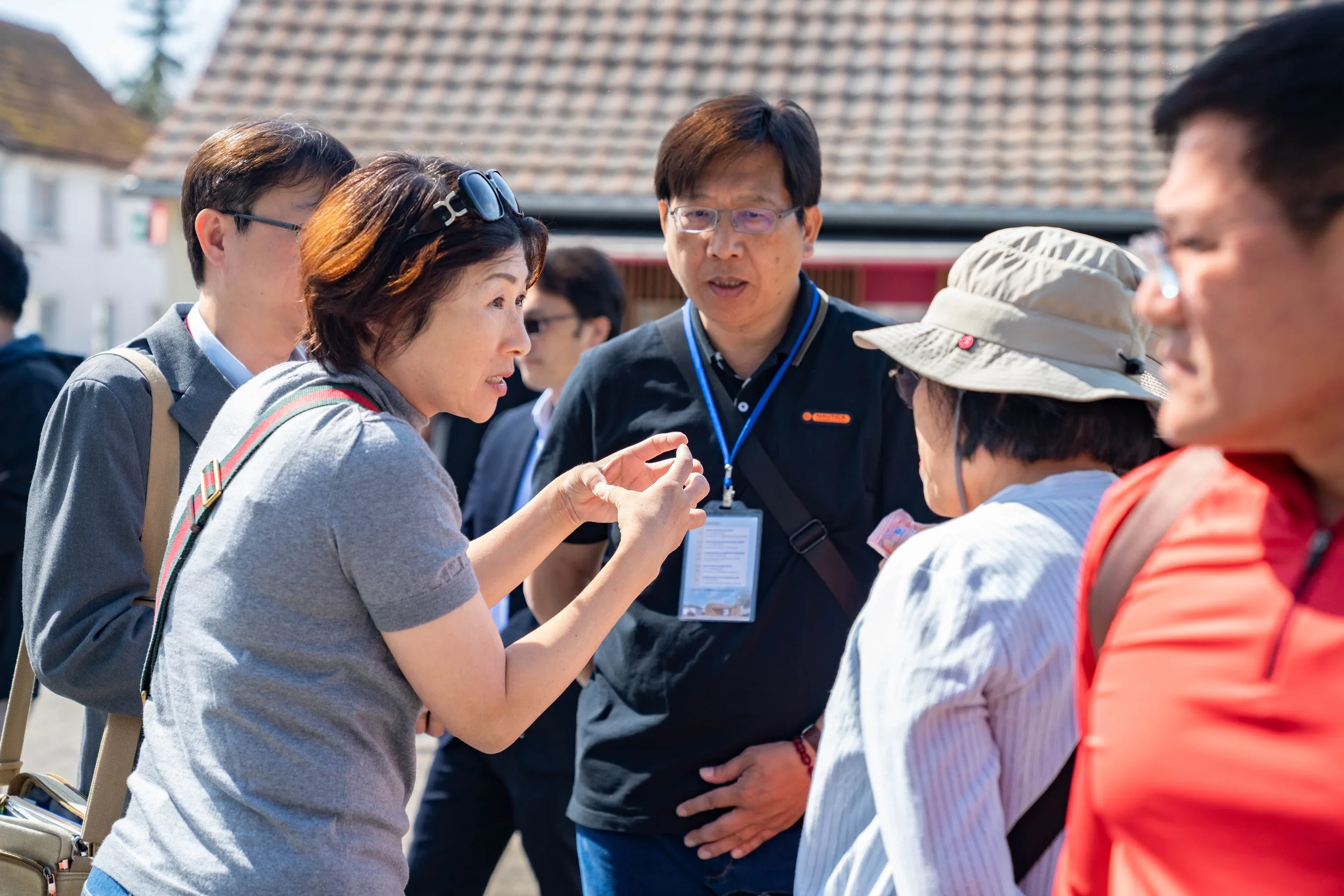
Taitung County Magistrate April Yao stated that the “Sunrise & Moonlight Coastal Village” long-term care zone promoted by the county is a starting point for innovating institutional care. Drawing from the German experience, the county aims to integrate both institutional and community-based care models to advance a lifestyle-driven, elder-friendly support system.
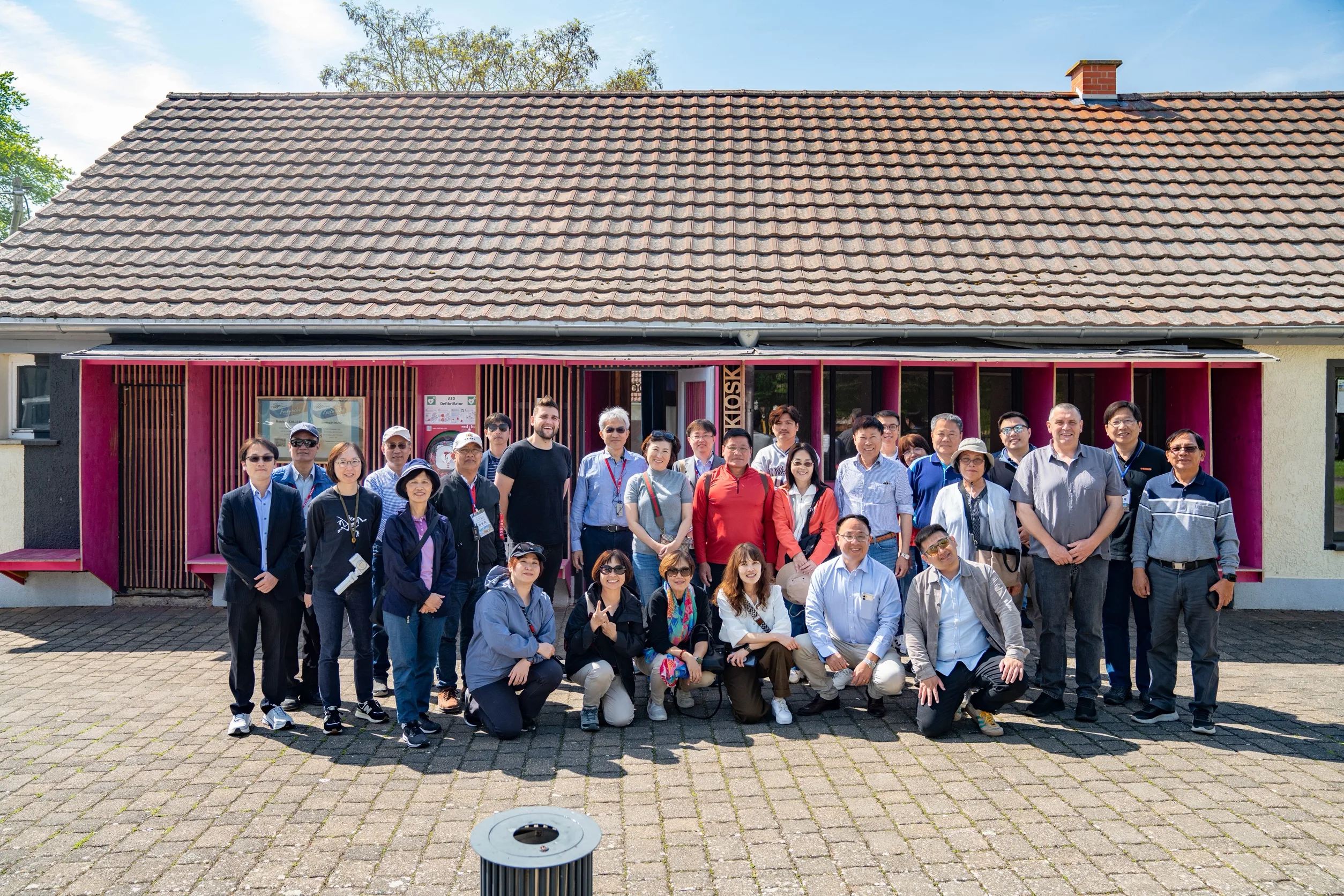
The county added that it will continue to connect tribal organizations, NGOs, local volunteers, and public agencies to enhance care resource deployment and smart facility integration. The goal is to build a warm, culturally meaningful, and sustainable care network that enables seniors to age in place with dignity.
